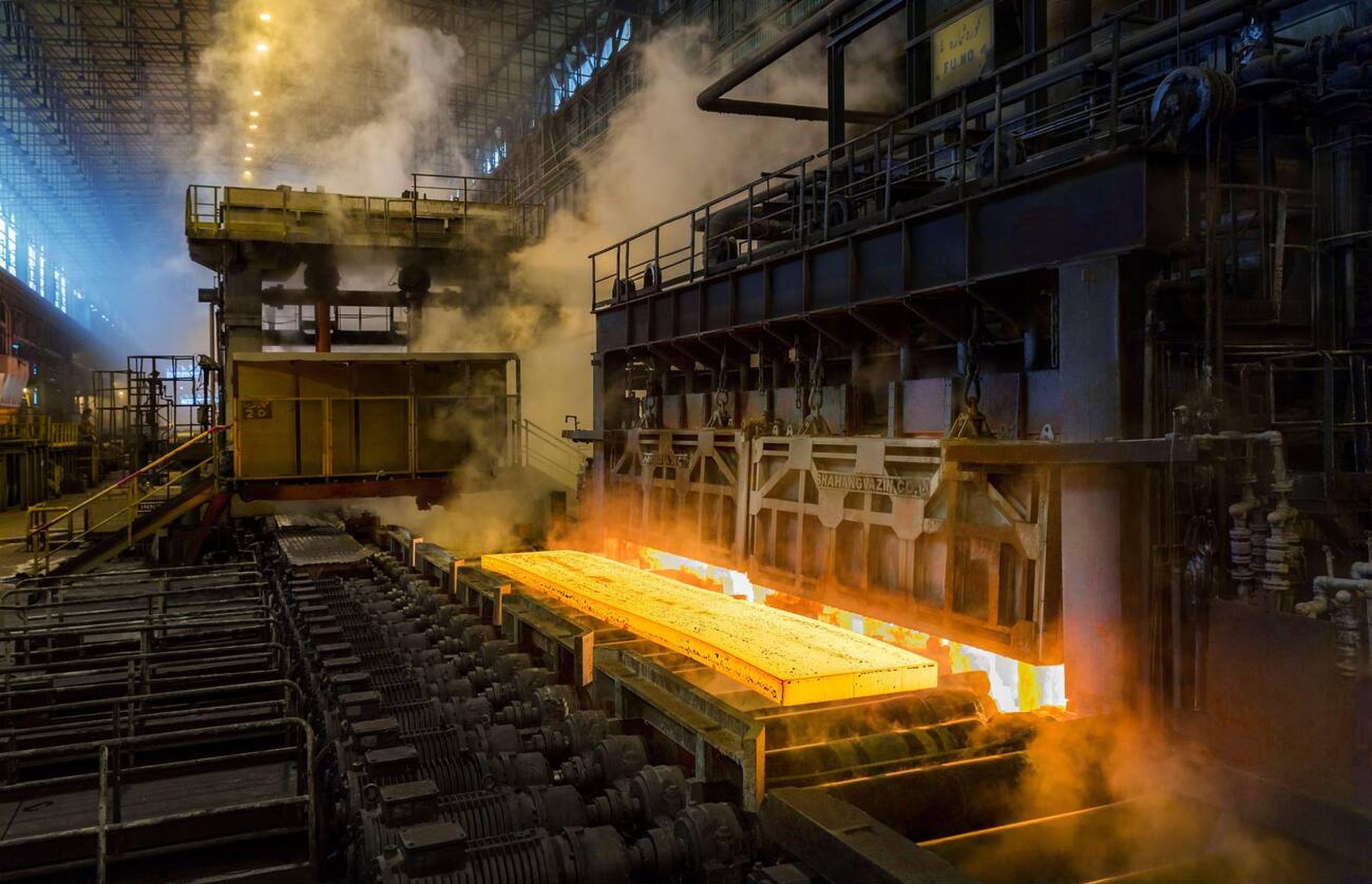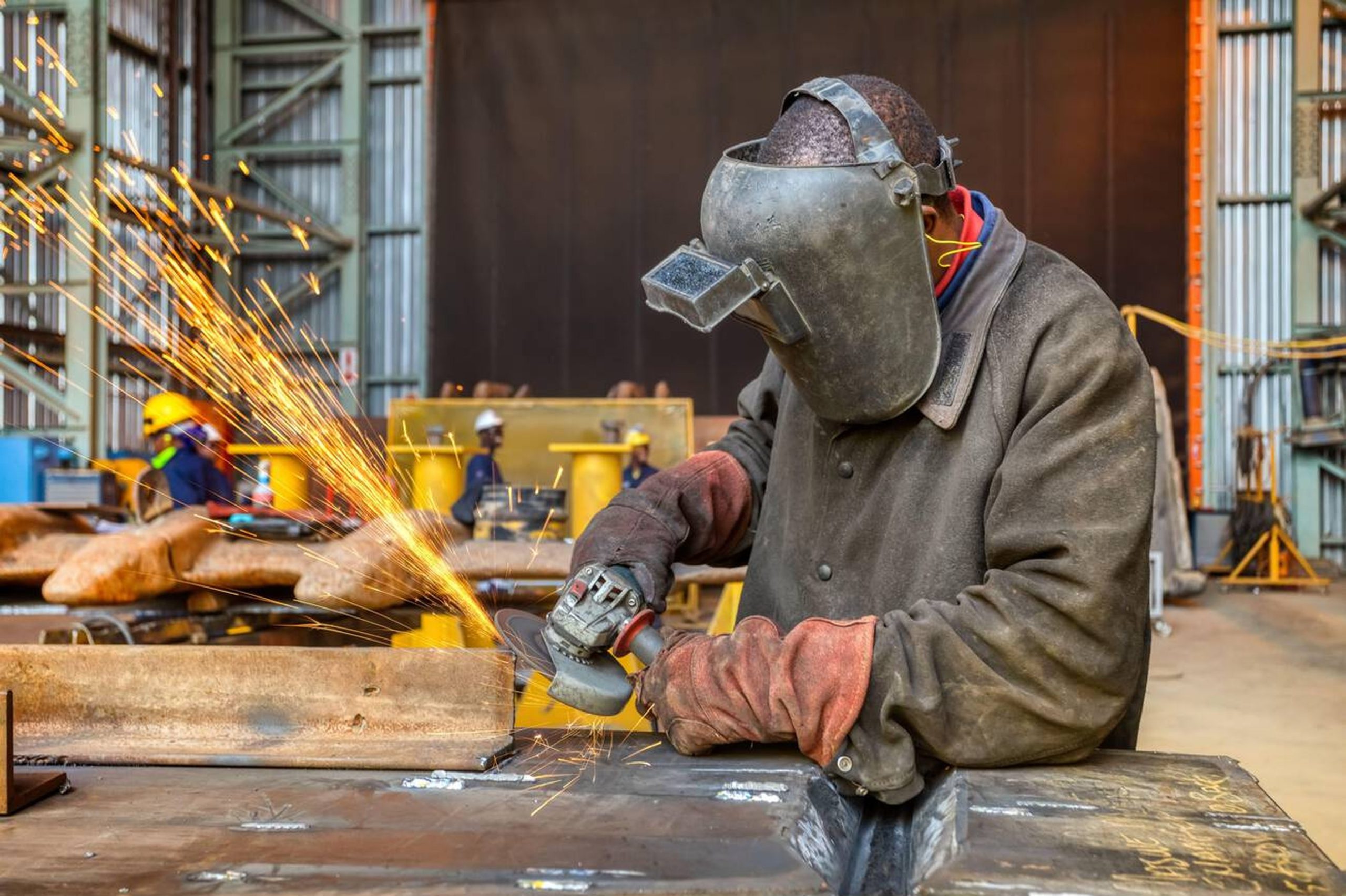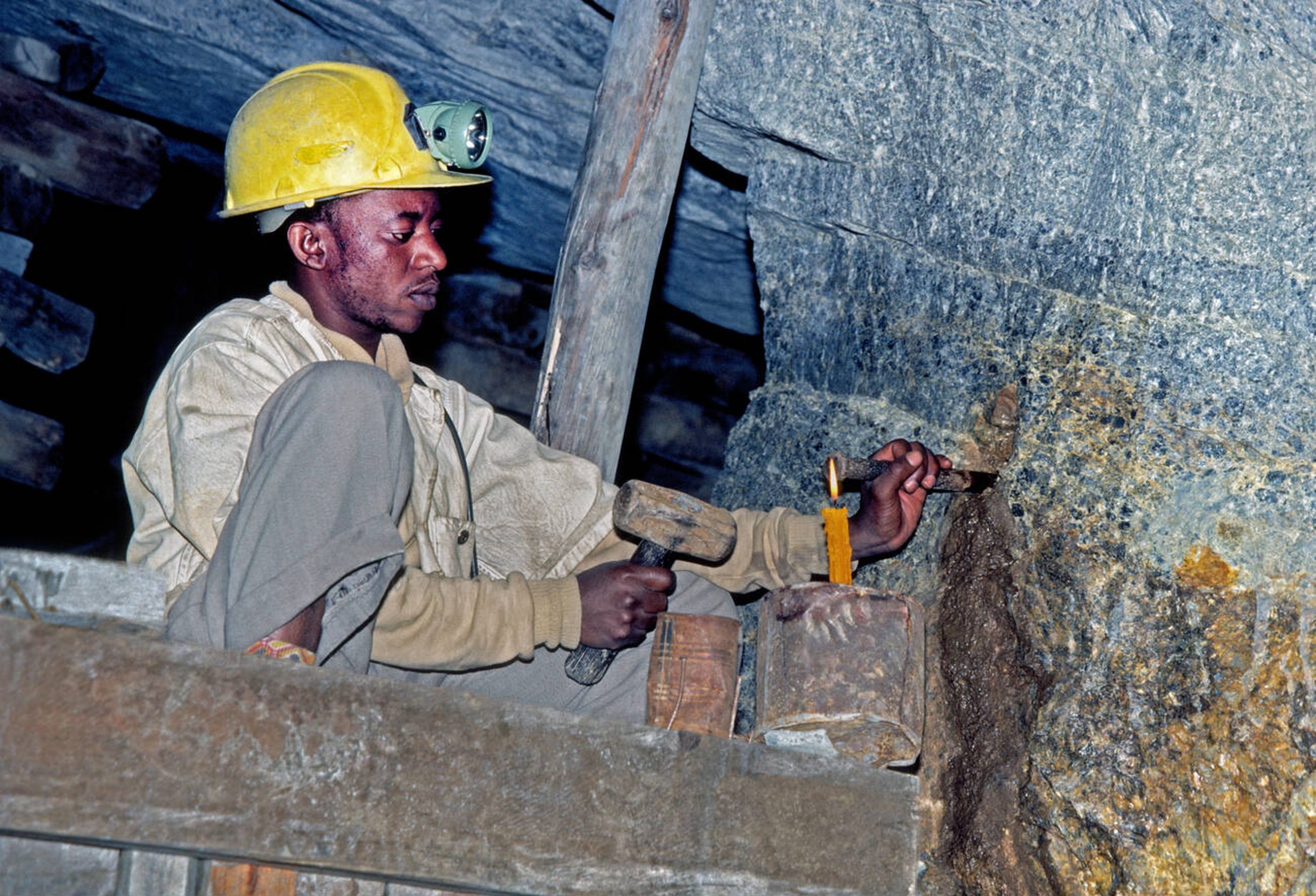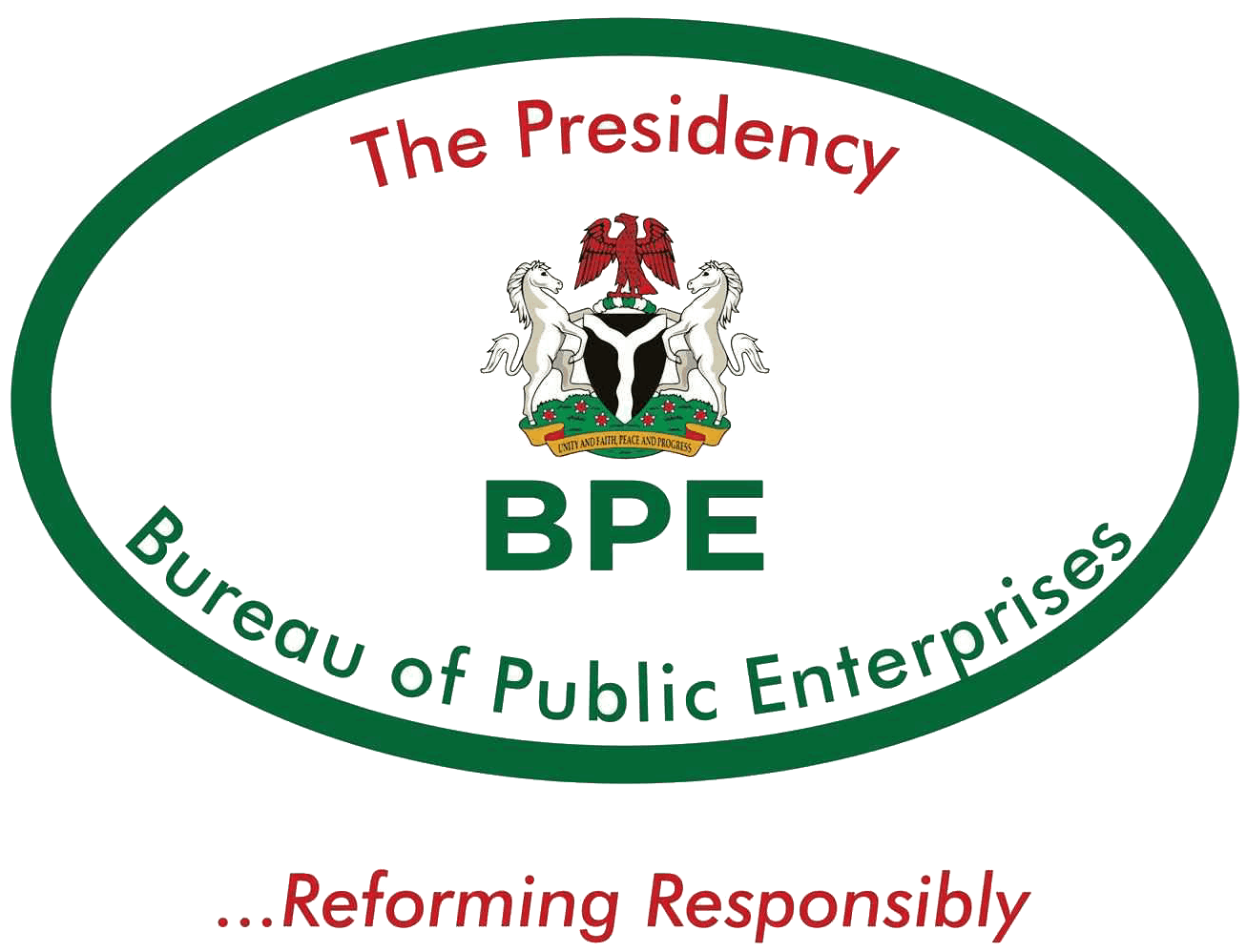
The Mines and Steel sector holds a strategic place in Nigeria’s quest for industrialisation, infrastructure development and economic diversification. With abundant mineral resources—such as iron ore, coal, limestone, lead, zinc, gold, and bitumen; Nigeria has the geological potential to be a leading mining and metals-producing nation in Africa.
However, before reforms were initiated, the sector faced decades of underperformance. The collapse of key state-owned enterprises such as the Ajaokuta Steel Company Limited (ASCL) and the National Iron Ore Mining Company (NIOMCO) left the country heavily dependent on imported steel. Limited investment, outdated technology, weak institutional capacity, and policy inconsistencies hindered sustainable growth.
Despite the enormous resource base, the contribution of mining and steel to Nigeria’s GDP remained below 1%, while industrial users continued to rely on costly imports for raw materials and finished steel products. Recognizing the sector’s untapped potential, the Federal Government, through the Bureau of Public Enterprises (BPE), embarked on comprehensive reforms to restructure the industry, revive steel production and attract both local and foreign investment.


The Reform Process
The Mines & Steel sector reform was designed to address systemic inefficiencies, stimulate private sector participation, and create a sustainable value chain from mining to finished steel products. Key stages of the reform process included:
Institutional and Policy Framework Review
- Collaboration with the Ministry of Mines and Steel Development to review existing laws and policies, including the Nigerian Minerals and Mining Act, to create a more attractive and transparent investment climate.
Restructuring of State-Owned Enterprises
- Commercialisation and privatisation of select mining and steel assets to competent investors with proven technical and financial capacity.
- Concessioning of strategic facilities such as NIOMCO to ensure continuous raw material supply to the steel industry.
Public-Private Partnerships (PPPs)
- Encouragement of PPP models for infrastructure development, exploration, and beneficiation projects.
Investment Promotion and Transparency
- Streamlining licensing processes and introducing modern mineral resource data systems to attract credible local and foreign investors.
Technology Upgrade & Skills Development
- Promotion of modern mining methods, environmental compliance, and workforce capacity building to improve efficiency and sustainability.

The Mines & Steel Sector reform is a critical pillar in Nigeria’s industrial revival agenda. By addressing structural bottlenecks, attracting strategic investment, and promoting sustainable resource development, the reforms led by the Bureau of Public Enterprises are laying the foundation for Nigeria to become self-reliant in steel production, create jobs and unlock the full potential of its vast mineral wealth.

